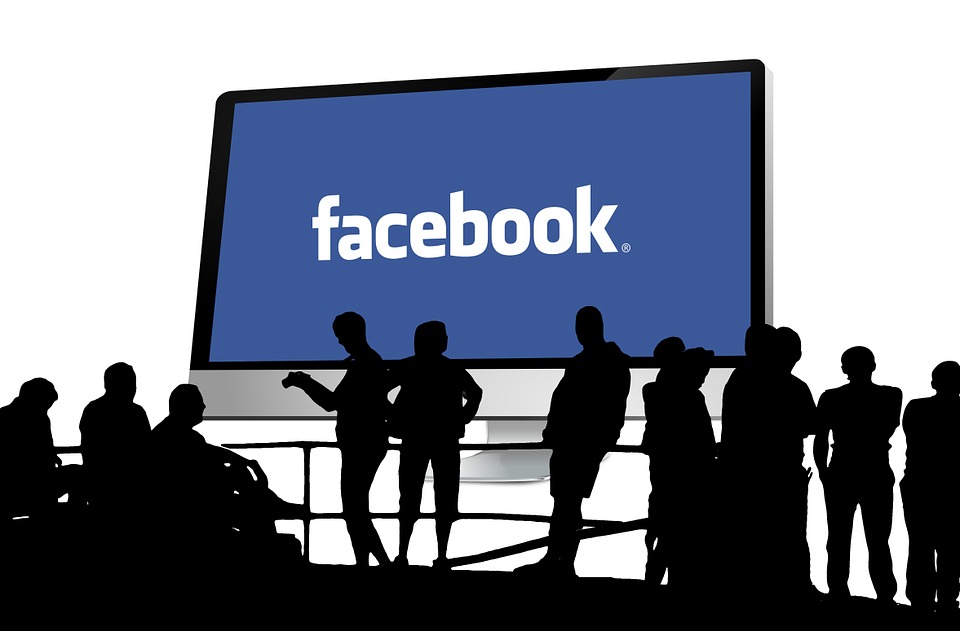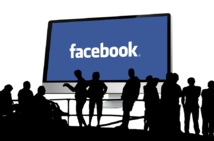If negotiations are completed successfully, then Facebook users will be able to read articles and news media without leaving Facebook.
According to unofficial data obtained NYT.com , the author of the idea was Chris Cox, Chief Product Officer at Facebook.
Currently the news are published on Facebook in the form of the announcement quoting media. To read the whole news on your mobile device, you must click on the link and wait for downloading of relevant page in the browser window. This, according to the social network, requires 8 seconds in average. But text news placement in Facebook will provide its receiving for an instant, what is enough to take a look on the text. This will increase users’ satisfaction with mobile social networking applications, as well as with the news content publishers.
To offer become interesting for the major media, Facebook offers them sharing of advertising revenue in the news. Until recently, the social network did not practice this approach and hosted the content in exchange for traffic that franchisor drew from Facebook. However, since the end of 2014 the company Mark Zuckerberg is increasingly practicing new approach. According to an anonymous source in the company, the officials even consider an option, where a publisher can place just only one advertising news, and this would be sufficient for mobile format.
Benefits of such a partnership for Facebook are obvious. The social networks has to keep its 1.4 billionth audience through its website and mobile applications to ensure the growth of its business performance as long as possible.
In addition, the deal with the major media will allow Facebook to make another important step towards substitution Google as an "entry point to the Internet."
For the media itself the offer does not seem so simple. On the one hand, the traffic from social networks has become one of the key indicators of the success of media resources, and those, who refuse or unable to distribute content outside of your site, may lose the audience and brand recognition in the future. This opinion is shared by BuzzFeed, which is already publishing its news not only on its portal. In addition, the use of the mechanisms of social network will make news spreading more target (for example, for such an audience as "a young New Yorker who loves to travel"), what will increase the involvement of readers.
On the other hand, media resources are losing control of advertising, their brand and audience by content publishing outside.
For major media, which sell a paid subscription to their premium news and materials, the traffic on their own site is a necessary condition for monetization, and it is not certain that sharing of revenues from advertising on Facebook will cover the losses. In addition, along with the content, news portals will lose data on the interests and behavior of readers.
Publishing premium content media, such as The Guardian, reacted to Facebook’s offer very coolly. They offer joining with colleagues to collectively discuss the principles of the industry and control over content and advertising.
However, if an agreement with Facebook yet to be concluded, it will be a breakthrough in relations between online media and major search engines and social networks, which aggregate their content and earn it. So far, these relationships were not simple.
According to unofficial data obtained NYT.com , the author of the idea was Chris Cox, Chief Product Officer at Facebook.
Currently the news are published on Facebook in the form of the announcement quoting media. To read the whole news on your mobile device, you must click on the link and wait for downloading of relevant page in the browser window. This, according to the social network, requires 8 seconds in average. But text news placement in Facebook will provide its receiving for an instant, what is enough to take a look on the text. This will increase users’ satisfaction with mobile social networking applications, as well as with the news content publishers.
To offer become interesting for the major media, Facebook offers them sharing of advertising revenue in the news. Until recently, the social network did not practice this approach and hosted the content in exchange for traffic that franchisor drew from Facebook. However, since the end of 2014 the company Mark Zuckerberg is increasingly practicing new approach. According to an anonymous source in the company, the officials even consider an option, where a publisher can place just only one advertising news, and this would be sufficient for mobile format.
Benefits of such a partnership for Facebook are obvious. The social networks has to keep its 1.4 billionth audience through its website and mobile applications to ensure the growth of its business performance as long as possible.
In addition, the deal with the major media will allow Facebook to make another important step towards substitution Google as an "entry point to the Internet."
For the media itself the offer does not seem so simple. On the one hand, the traffic from social networks has become one of the key indicators of the success of media resources, and those, who refuse or unable to distribute content outside of your site, may lose the audience and brand recognition in the future. This opinion is shared by BuzzFeed, which is already publishing its news not only on its portal. In addition, the use of the mechanisms of social network will make news spreading more target (for example, for such an audience as "a young New Yorker who loves to travel"), what will increase the involvement of readers.
On the other hand, media resources are losing control of advertising, their brand and audience by content publishing outside.
For major media, which sell a paid subscription to their premium news and materials, the traffic on their own site is a necessary condition for monetization, and it is not certain that sharing of revenues from advertising on Facebook will cover the losses. In addition, along with the content, news portals will lose data on the interests and behavior of readers.
Publishing premium content media, such as The Guardian, reacted to Facebook’s offer very coolly. They offer joining with colleagues to collectively discuss the principles of the industry and control over content and advertising.
However, if an agreement with Facebook yet to be concluded, it will be a breakthrough in relations between online media and major search engines and social networks, which aggregate their content and earn it. So far, these relationships were not simple.



















